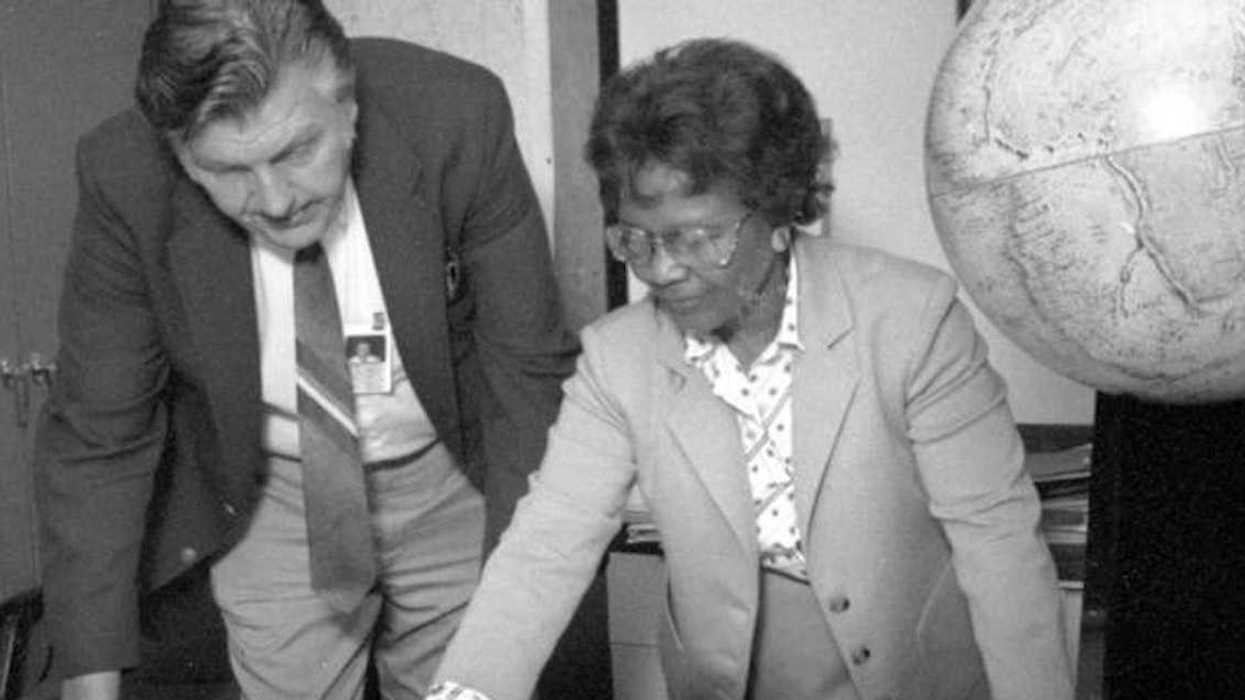Nowadays, the words “global health” evoke images of malnourished children pictured in settings abroad. However, while there are developing countries that face public health issues and many health disparities, there are developing counties here in the U.S. that face them as well.
Overheard in Ms. J’s and Ms. Chen’s classrooms:
“Peeing after sexual intercourse is an adequate substitute for contraceptives.”
“Soda is healthier than water and also provides an additional energy boost.”
“If I’m skinny, I don’t need to exercise because I’m healthy.”
These are some of the common health of misconceptions high school students in Eastern North Carolina.
Teach For America places corps members in low-performing, low-resourced schools across the country. Here in Eastern North Carolina, we have TFA corps members teaching in Northampton, Bertie and Halifax Counties. According to County Health Rankings, these three counties rank 90, 92 and 99 out of 100 North Carolina counties with regards to health outcomes.
These three counties have some of the highest rates of sexually transmitted infections, teen births, and motor vehicle crashes across the state. It is no surprise that poor health outcomes are associated with poor educational outcomes. To achieve educational equity we must simultaneously address health disparities.
To eliminate poor health outcomes, we must employ primary prevention strategies. According to the Centers for Disease Control and Prevention, “primary prevention aims to prevent diseases from occurring.” If this is the goal, why not work on transforming health education in schools if it's already structured into the school day?
We must divert some of the attention and resources that go abroad to focus on delivering primary prevention solutions to developing counties at home. After all, local health is part of global health.
The current state of health education in low-resourced counties in Eastern North Carolina is dire. After teaching in a public high school for two years, we have witnessed firsthand how synonymous health class is with gym class. When asked to recall experiences in previous health classes, our students reported that they spent the majority of class time copying definitions from a textbook and walking around the track.
Meanwhile, they are left to search online for the answers to questions they still have about sexual health, nutrition, and their bodies. Often times, this is due to a lack of trained health educators to deliver the state-mandated content.
To address this gap in health education delivery, we propose a tailored online health curriculum to monitor the health knowledge and health behaviors of classroom students in real time. This is what our students want.
[youtube]https://www.youtube.com/watch?v=-mWIf6qmgCY
First, students will take an online survey to assess their initial health knowledge and behaviors. Their individual survey responses will determine the health education course they receive. In addition to content delivered via videos, interactive activities, case studies, and assessments, students will have access to additional features that will guide them in changing their behaviors while receiving adequate peer and instructor support.
For example, in the following example, Roy Williams enters his current physical activity information and sets a goal for himself for the next week.
After, Roy uses the peer support function on his MyHealthEd dashboard to select a peer accountability partner.
Next, Roy’s selected peer will receive a notification to accept or deny the accountability partner request.
Lastly, Roy’s accountability partner Liz will need to report whether or not Roy followed through with his intended health behavior goal.
We want to transform health education by taking it online in addition to changing and monitoring the health behaviors of students.
After winning first place in IntraHealth's SwitchPoint Silo Busters Lightning Contest, we have launched a campaign to raise the money to develop our innovative software and curriculum by January 2014. We plan to pilot the intervention in Eastern North Carolina in the spring of 2014 and then disseminate it across the state by the fall of 2014.
Email them at myhealthed@gmail.com with questions, feedback, or concerns.
















 Otis knew before they did.
Otis knew before they did.